'Above literature?' said the Queen. 'Who is above literature? You might as well say one was above humanity.'
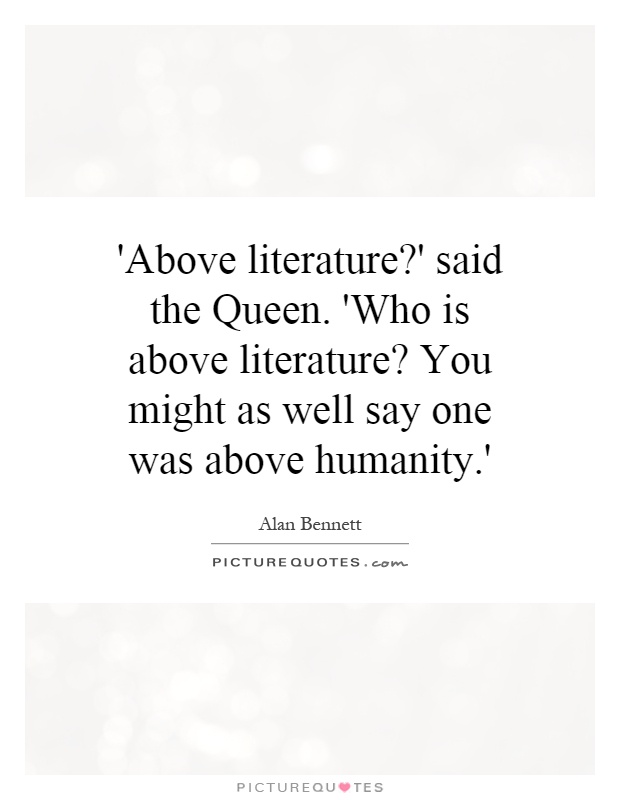
'Above literature?' said the Queen. 'Who is above literature? You might as well say one was above humanity.'
In the context of Alan Bennett, the quote “'Above literature?' said the Queen. 'Who is above literature? You might as well say one was above humanity.'” holds a significant meaning that reflects Bennett’s views on the importance of literature and its connection to humanity. Bennett, a renowned British playwright and author, is known for his insightful and often humorous observations on society, culture, and human nature. Through his works, he explores the complexities of human relationships, the struggles of everyday life, and the power of storytelling.The Queen’s statement in the quote emphasizes the idea that literature is an essential part of human experience and identity. It suggests that to be “above literature” would be to deny a fundamental aspect of what it means to be human. Literature, in all its forms, serves as a reflection of the human condition, capturing the joys, sorrows, triumphs, and struggles of individuals and societies. It allows us to connect with others, to empathize with different perspectives, and to explore the depths of our own emotions and experiences.
For Bennett, literature is not just a form of entertainment or escapism, but a vital means of understanding ourselves and the world around us. Through his plays, essays, and memoirs, he delves into the complexities of human nature, shining a light on the quirks, contradictions, and vulnerabilities that make us who we are. His characters are often ordinary people facing extraordinary circumstances, grappling with issues of identity, class, and morality.
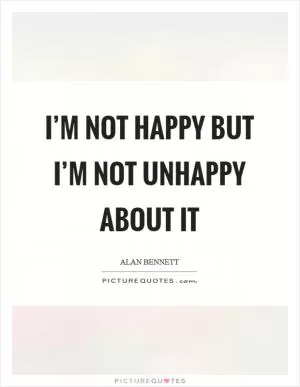
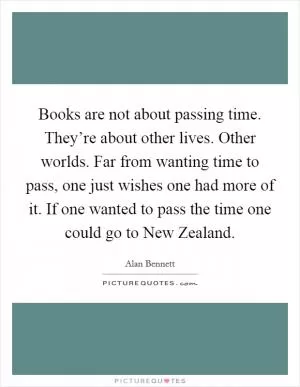
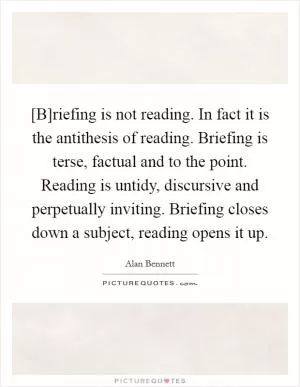

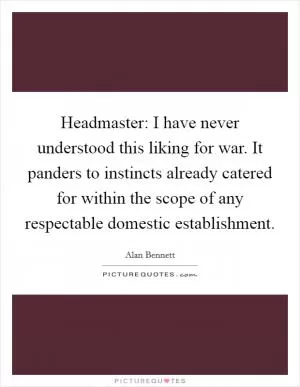

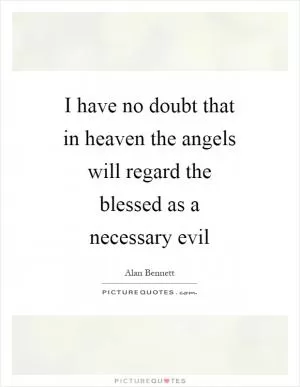



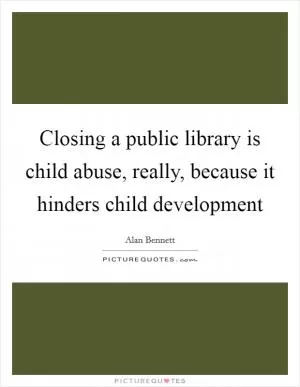
 Friendship Quotes
Friendship Quotes Love Quotes
Love Quotes Life Quotes
Life Quotes Funny Quotes
Funny Quotes Motivational Quotes
Motivational Quotes Inspirational Quotes
Inspirational Quotes